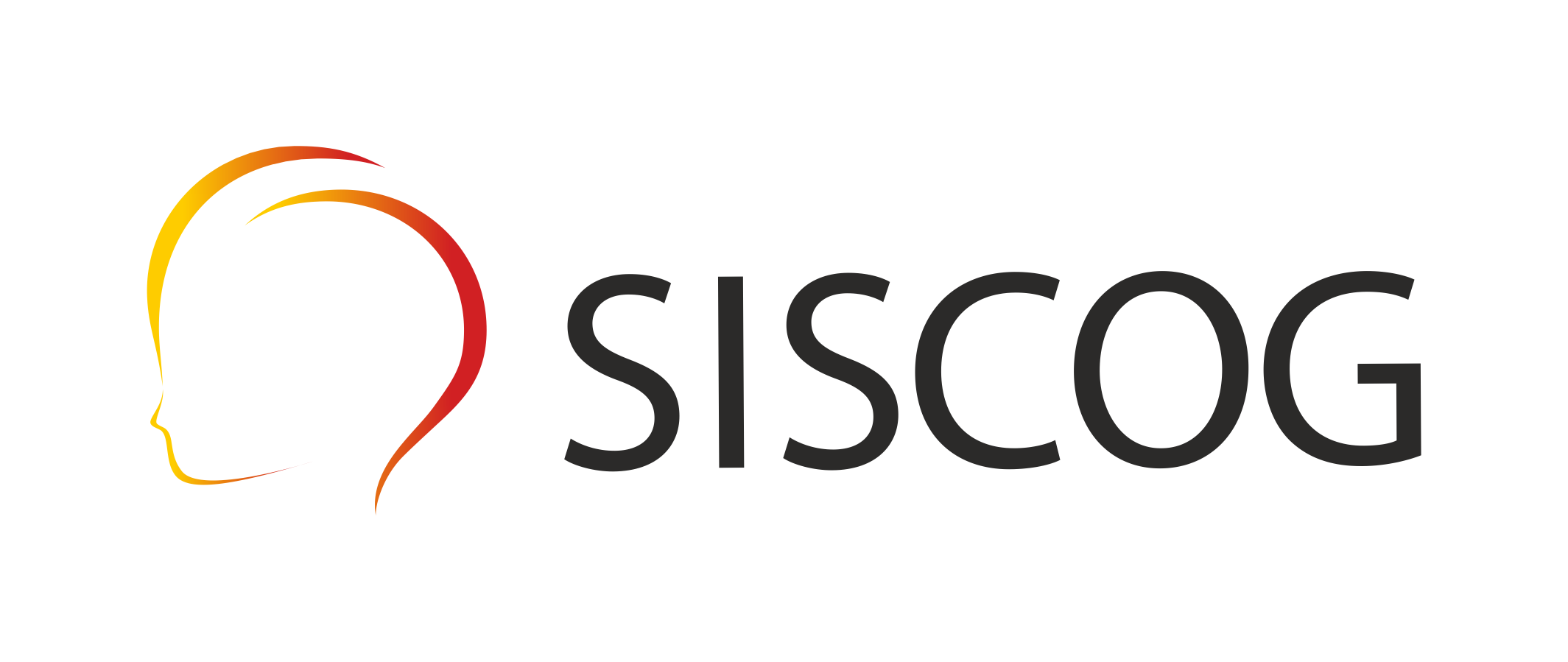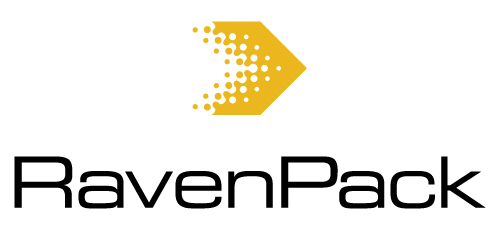Invited Speakers
- Sam Ritchie Lisp as Renaissance Workshop: A Lispy Tour through Mathematical Physics
- Robert Strandh Creating a Common Lisp Implementation
- Sam Ritchie Demo: Building SICMUtils, the Atelier of Abstractions
Highlights
Building SICMUtils, the Atelier of Abstractions
-
 Sam Ritchie Sam Ritchie (SPEAKER KEYNOTE DEMO)
Sam Ritchie Sam Ritchie (SPEAKER KEYNOTE DEMO)
SICMUtils is a Clojure library designed for interactive exploration of mathematical physics. It is simultaneously a work of persuasive writing, a collection of essays on functional pearls and computational ideas, a stable of workhorse functional abstractions, and a practical place to work and visualize algorithms and physical systems, on a server or in the browser. How do you build a library like this? This talk will go through the architecture of SICMUtils, based on many of the ideas of "additive programming" from Gerald Sussman and Chris Hanson's latest book, Software Design for Flexibility. We'll look at surprising examples of the system becoming easier to extend over time. Clojure's embrace of its host platform lets us use the best modern work in Javascript for visualization, while keeping the horsepower of our servers for real work. Lisp's particular elegance will shine throughout. Bio: I'm a researcher at the Mentat Collective, and currently working on a series of interactive, multiplayer computational textbooks for exploring mathematical physics and other forms of modeled reality. I've lived past work-lives at (Google) X, Stripe, Twitter, founded Paddleguru and Racehub; I'm most well known in the software world as the author of Summingbird, Algebird, and SICMUtils, and as the maintainer of Cascalog. I have a secret identity as a mountain athlete and amateur aircraft mechanic, and live with wife Jenna and daughter Juno in Boulder, Colorado.
-
Creating a Common Lisp Implementation
-
 Robert Strandh Robert Strandh (SPEAKER KEYNOTE)
Robert Strandh Robert Strandh (SPEAKER KEYNOTE)
Being dissatisfied with the way current Common Lisp implementations are written, and with the duplication of system code between different implementations, we started the SICL project in 2008. The initial idea was to create modules that the creators of Common Lisp implementations could use to create a complete system from an initial minimal core. But this idea was unsatisfactory because it required each module to be written in a subset of Common Lisp. So instead, we decided to use the full language to implement these modules, effectively making them useless to an implementation using traditional bootstrapping techniques. We therefore decided to also create a new Common Lisp implementation (also named SICL), that could use those modules. A crucial element is a bootstrapping technique that can handle these modules. In this spirit, we have developed several modules, including an implementation of CLOS which is also an important element of bootstrapping. Lately, we have increased our level of ambition in that we want to extract those modules as separate (and separately maintained) repositories, which requires us to deal with code during bootstrapping that was not specifically written for SICL. In our talk, we describe this evolution of ambition, and its consequences to bootstrapping, in more detail. We also give an overview of several new techniques we created, some of which have been published (at ILC and ELS) and some of which have not. Finally, we discuss the future of the project, and other projects for which we imagine SICL to be a base.
-
Lisp as Renaissance Workshop: A Lispy Tour through Mathematical Physics
-
 Sam Ritchie Sam Ritchie (SPEAKER KEYNOTE DEMO)
Sam Ritchie Sam Ritchie (SPEAKER KEYNOTE DEMO)
Lisp is an exquisite medium for the communication of computational ideas. From our most accurate observations of physical reality up through chemistry, biology, and cognition, the universe seems to be computing itself; modeling and simulating these systems in machines has led to incredible technological wealth. Deep principles and beautiful abstractions seem to drive these systems, but they have always been hard to discover; and we are floundering at the computational frontiers of intelligence, synthetic biology and control systems for our climate. The only way to push forward is to build powerful tools that can communicate and teach. This talk will take a tour through SICMUtils, a Lisp system designed as a workshop for conducting serious work in mathematical physics and sharing those explorations in a deeply interactive, multiplayer way. The library’s growth parallels our human scientific history; hopefully tools like this will help us write the next chapter. Bio: I'm a researcher at the Mentat Collective, and currently working on a series of interactive, multiplayer computational textbooks for exploring mathematical physics and other forms of modeled reality. I've lived past work-lives at (Google) X, Stripe, Twitter, founded Paddleguru and Racehub; I'm most well known in the software world as the author of Summingbird, Algebird, and SICMUtils, and as the maintainer of Cascalog. I have a secret identity as a mountain athlete and amateur aircraft mechanic, and live with wife Jenna and daughter Juno in Boulder, Colorado.
-
Location
Organization
Programme Chair
-
 Jim Newton Jim Newton EPITA Research and Development Laboratory (PROGRAMME-CHAIR) France
Jim Newton Jim Newton EPITA Research and Development Laboratory (PROGRAMME-CHAIR) France
Organizing Chair
-
 Didier Verna Didier Verna https://www.didierverna.info EPITA / LRE (ORGANIZING-CHAIR DEMO SPEAKER) France
Didier Verna Didier Verna https://www.didierverna.info EPITA / LRE (ORGANIZING-CHAIR DEMO SPEAKER) France
Committee
-
 Adrien Pommellet Adrien Pommellet EPITA / LRDE (COMMITTEE)
Adrien Pommellet Adrien Pommellet EPITA / LRDE (COMMITTEE) -
 Alberto Riva Alberto Riva Bioinformatics Core, ICBR, University of Florida (COMMITTEE)
Alberto Riva Alberto Riva Bioinformatics Core, ICBR, University of Florida (COMMITTEE) -
 Breanndán Ó Nualláin Breanndán Ó Nualláin University of Amsterdam (COMMITTEE)
Breanndán Ó Nualláin Breanndán Ó Nualláin University of Amsterdam (COMMITTEE) -
 Christophe Rhodes Christophe Rhodes Google (COMMITTEE)
Christophe Rhodes Christophe Rhodes Google (COMMITTEE) -
 Ioanna M. Dimitriou H. Ioanna M. Dimitriou H. Igalia (COMMITTEE)
Ioanna M. Dimitriou H. Ioanna M. Dimitriou H. Igalia (COMMITTEE) -
 Irène Anne Durand Irène Anne Durand LaBRI, University of Bordeaux (COMMITTEE SPEAKER)
Irène Anne Durand Irène Anne Durand LaBRI, University of Bordeaux (COMMITTEE SPEAKER) -
 Marc Battyani Marc Battyani Fractal Concept (COMMITTEE)
Marc Battyani Marc Battyani Fractal Concept (COMMITTEE) -
 Marco Antoniotti Marco Antoniotti DISCo, Università degli Studi di Milano-Bicocca (COMMITTEE)
Marco Antoniotti Marco Antoniotti DISCo, Università degli Studi di Milano-Bicocca (COMMITTEE) -
 Marco Heisig Marco Heisig FAU Erlangen-Nürnberg (COMMITTEE SPEAKER)
Marco Heisig Marco Heisig FAU Erlangen-Nürnberg (COMMITTEE SPEAKER) -
 Mikhail Raskin Mikhail Raskin Technical University of Munich (COMMITTEE SPEAKER)
Mikhail Raskin Mikhail Raskin Technical University of Munich (COMMITTEE SPEAKER) -
 Nick Levine Nick Levine RavenPack (COMMITTEE)
Nick Levine Nick Levine RavenPack (COMMITTEE) -
 Nicolas Neuss Nicolas Neuss Friedrich-Alexander-Universität Erlangen (COMMITTEE)
Nicolas Neuss Nicolas Neuss Friedrich-Alexander-Universität Erlangen (COMMITTEE) -
 Pascal Costanza Pascal Costanza Intel (COMMITTEE)
Pascal Costanza Pascal Costanza Intel (COMMITTEE) -
 Philipp Meier Philipp Meier Nubank (COMMITTEE)
Philipp Meier Philipp Meier Nubank (COMMITTEE) -
 Ralf Moeller Ralf Moeller (COMMITTEE)
Ralf Moeller Ralf Moeller (COMMITTEE) -
 Sky Hester Sky Hester Private Consultant (COMMITTEE)
Sky Hester Sky Hester Private Consultant (COMMITTEE)
Virtualization Team
-
 Georgiy Tugai Georgiy Tugai Configura (VIRTUALIZATION) Sweden
Georgiy Tugai Georgiy Tugai Configura (VIRTUALIZATION) Sweden -
 Michał Herda Michał Herda (VIRTUALIZATION) Poland
Michał Herda Michał Herda (VIRTUALIZATION) Poland
Programme
Times are local to the conference. You can download the programme in iCalendar format here.March 21st
Registration, badges, meet and greet
Welcome Message
Research Paper: Transpiling Python to Julia using PyJL
- Miguel Marcelino
- António Leitão
Coffee Break
Lisp as Renaissance Workshop: A Lispy Tour through Mathematical Physics
- Sam Ritchie
Group Exercise
Lunch
Research Paper: QueryFS: compiling queries to define a filesystem
- Michael Raskin
Research Paper: A CLOS protocol for lexical environments
- Robert Strandh
- Irène Anne Durand
Demo: IoT devices and embedded systems with uLisp
- Max-Gerd Retzlaff
Coffee Break
Research Paper: Closing the Performance Gap Between Lisp and C
- Marco Heisig
- Harald Koestler
Remote Demo: April APL Compiler
- Andrew Sengul
Enlightening Lightning Talks
March 22nd
Registration, badges, meet and greet
Research Paper: Open Closures: Disclosing lambda's inner monomaniac object!
- Stefan Monnier
Demo: ETAP: Experimental Typesetting Algorithms Platform
- Didier Verna
Coffee Break
Creating a Common Lisp Implementation
- Robert Strandh
SICL demo
Lunch
CEDAR: Emacs in Common Lisp
- Fermin Muñoz
Building SICMUtils, the Atelier of Abstractions
- Sam Ritchie
Coffee Break
Remote Research Paper: : An Ontology-Based Dialogue Managment Framework for Virtual Personal Assistants in Common Lisp
- Michael Wessel
Research Paper: RacketLogger: Logging and Visualising Changes in DrRacket
- Turgut Reis Kursun
- Jens Van der Plas
- Quentin Stiévenart
- Coen De Roover
Enlightening Lightning Talks


